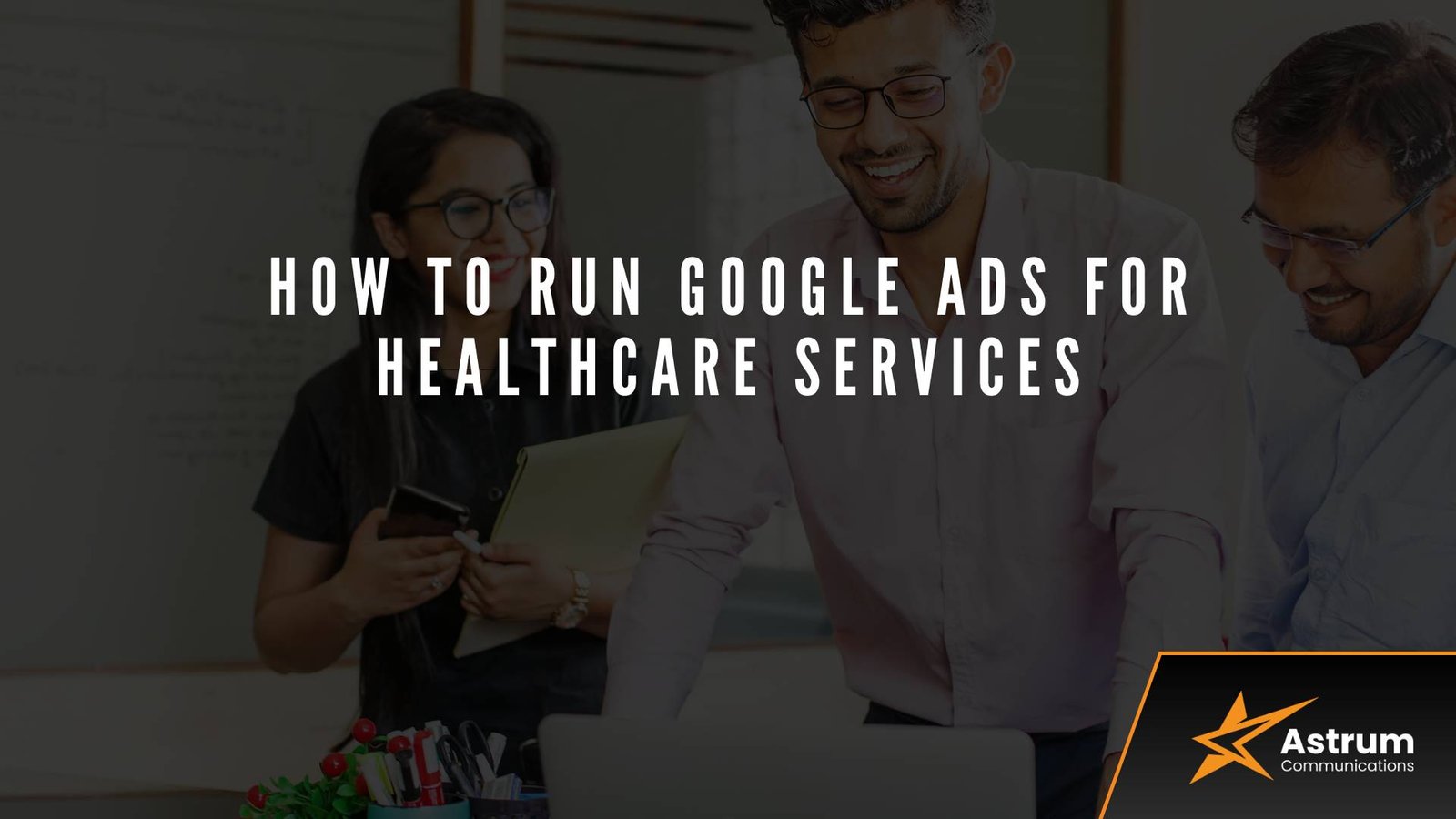Google Ads for healthcare provides a targeted approach to reach potential patients. By focusing on topical authority and entity SEO, healthcare providers can create effective campaigns that resonate with their audience and drive meaningful engagement. This guide will walk you through the essentials of running successful Google Ads for your services.
Table of Contents
ToggleSetting Up Location-Based Targeting for Local Patients
Setting up location-based targeting in Google Ads is essential for attracting local patients to healthcare services. Begin by defining your target geographic area, which may include specific cities, neighborhoods, or even radiuses around your practice. Use Google Ads’ location settings to focus your campaigns on these areas, ensuring that your ads appear to users searching for healthcare services nearby. Incorporate local keywords in your ad copy and website content to enhance relevance and improve your visibility in local searches. To boost authority, create informative content about topics relevant to your practice, such as common health issues in your area. By combining precise location targeting with quality content, you can connect effectively with local patients seeking your services. This approach not only improves ad performance but also helps build trust within the community.
Choosing Relevant Keywords for Medical Services
Choosing relevant keywords for medical services is crucial for effective Google Ads campaigns in the healthcare sector. Start by identifying terms that potential patients might use to find specific treatments or healthcare providers. Focus on long-tail keywords, which are more targeted and often indicate a higher intent to seek care. Utilize location-based keywords to connect with local patients searching for nearby services. Additionally, consider synonyms and variations of key terms, as this can enhance your ad’s visibility. By aligning your keywords with topics that establish your expertise in particular medical fields, you can position your practice as a trusted authority. This approach not only improves your ad performance but also ensures that your services reach the right audience, ultimately leading to better patient engagement and care outcomes.
Writing Compelling Ad Copy That Highlights Key Benefits
Creating compelling ad copy for Google Ads in healthcare services is essential to attract potential patients. Focus on clearly presenting the key benefits of your services, such as improved patient outcomes, expert care, and convenient access. Use persuasive language that resonates with your target audience, emphasizing empathy and understanding of their needs. Incorporate relevant keywords that align with healthcare topics, enhancing your topical authority and improving search visibility. Highlight specific services, like telemedicine or specialized treatments, to demonstrate your expertise. By presenting clear benefits and addressing patient concerns, your ad will connect effectively, driving more clicks and inquiries. This approach not only enhances your ad performance but also builds trust and credibility within the healthcare community.
Using Call Extensions for Easy Appointments and Inquiries
Using Call Extensions in Google Ads can significantly enhance appointment scheduling and inquiries for healthcare services. This feature allows potential patients to easily connect with healthcare providers directly through ads, streamlining the process of seeking medical help. By adding a call button, healthcare businesses can increase engagement and ensure immediate response to inquiries, leading to higher conversion rates. It’s essential to optimize your ads for local searches and related keywords, building topical authority in your field. This not only improves visibility in search results but also establishes trust with prospective patients. Overall, Call Extensions serve as a valuable tool to facilitate easier communication, ultimately benefiting both the service provider and the patient.
Tracking Conversions Through Calls, Forms, and Appointment Bookings
Tracking conversions through calls, forms, and appointment bookings is essential for healthcare service providers running Google Ads. By monitoring these interactions, healthcare businesses can measure the effectiveness of their campaigns and understand patient engagement better. Calls can be tracked using call extension features, helping to assess which ads generate phone inquiries. Form submissions on the website offer insight into patient interests, guiding future ad adjustments. Additionally, tracking appointment bookings allows providers to evaluate the direct impact of their advertising efforts on patient acquisition. By analyzing these conversions, healthcare services can optimize their marketing strategies, ensuring they reach the right audience and meet their needs effectively. This systematic approach contributes to building topical authority in the healthcare space, enhancing visibility and credibility in search engine results.
Running Retargeting Ads for Website Visitors
Running retargeting ads for website visitors is an effective strategy for healthcare services looking to reconnect with potential patients. After users visit your site, these ads appear across various platforms, reminding them of your services. This approach keeps your healthcare brand top-of-mind, guiding visitors back to complete actions, such as booking appointments.
To maximize the impact, focus on creating tailored messages that address specific healthcare needs relevant to your audience. Utilize topical authority by providing valuable information related to your services, enhancing trust and engagement. Additionally, emphasize entity SEO by ensuring your ads clearly represent your brand and its offerings, aligning with user search intent. This targeted strategy can effectively increase conversions and attract more patients to your healthcare services.
Optimizing Ad Campaigns for Better ROI
Optimizing ad campaigns for better ROI, especially in the healthcare sector, involves a strategic approach that emphasizes relevance and authority. Start by thoroughly researching your target audience’s needs and interests, ensuring your ads align with their search queries. Utilize healthcare-specific keywords to enhance your visibility while demonstrating your expertise in the field.
Incorporate high-quality content that addresses common patient concerns, making your ads not only promotional but also informative. Regularly analyze campaign performance metrics like click-through rates and conversion rates to identify areas for improvement. Adjust bidding strategies and ad placements accordingly to maximize budget efficiency.
By focusing on topical authority and creating valuable content, you can build trust with potential patients, leading to improved engagement and ultimately, a higher return on investment in your Google Ads campaigns.
Conclusion
In conclusion, effective location-based targeting is essential for attracting local patients through Google Ads in healthcare services. By optimizing your campaigns with relevant keywords and focusing on local intent, you can enhance your visibility and connect with the right audience. Remember, local SEO strategies complement your advertising efforts, driving more traffic to your services. If you need expert guidance to elevate your digital marketing strategies, consider partnering with Astrum Communications for tailored solutions that meet your healthcare needs.


